David K. Shipler
is the author of eight books, the winner of the Pulitzer Prize for general non-fiction, and a former correspondent of The New York Times. A graduate of Dartmouth College, he served as an officer on a U.S. Navy destroyer from 1964 to 1966, began as a news clerk at The Times, worked as a reporter in New York City covering poverty, politics, and housing. He then served as a Times correspondent in Saigon, reporting from South Vietnam, Cambodia, Laos, Thailand, and Burma. After a semester at the Russian Institute of Columbia U., he spent four years covering the Soviet Union, two as the Times Moscow Bureau Chief. Then, during five years as Jerusalem Bureau Chief, he was a finalist for a Pulitzer in international reporting and a winner of the George Polk Award. He concluded his career at The Times as Chief Diplomatic Correspondent in Washington. He has also written for The New Yorker, The Atlantic, Harper’s, The Washington Post, and other publications. He writes online at The Shipler Report and co-hosts TWO REPORTERS PODCAST.




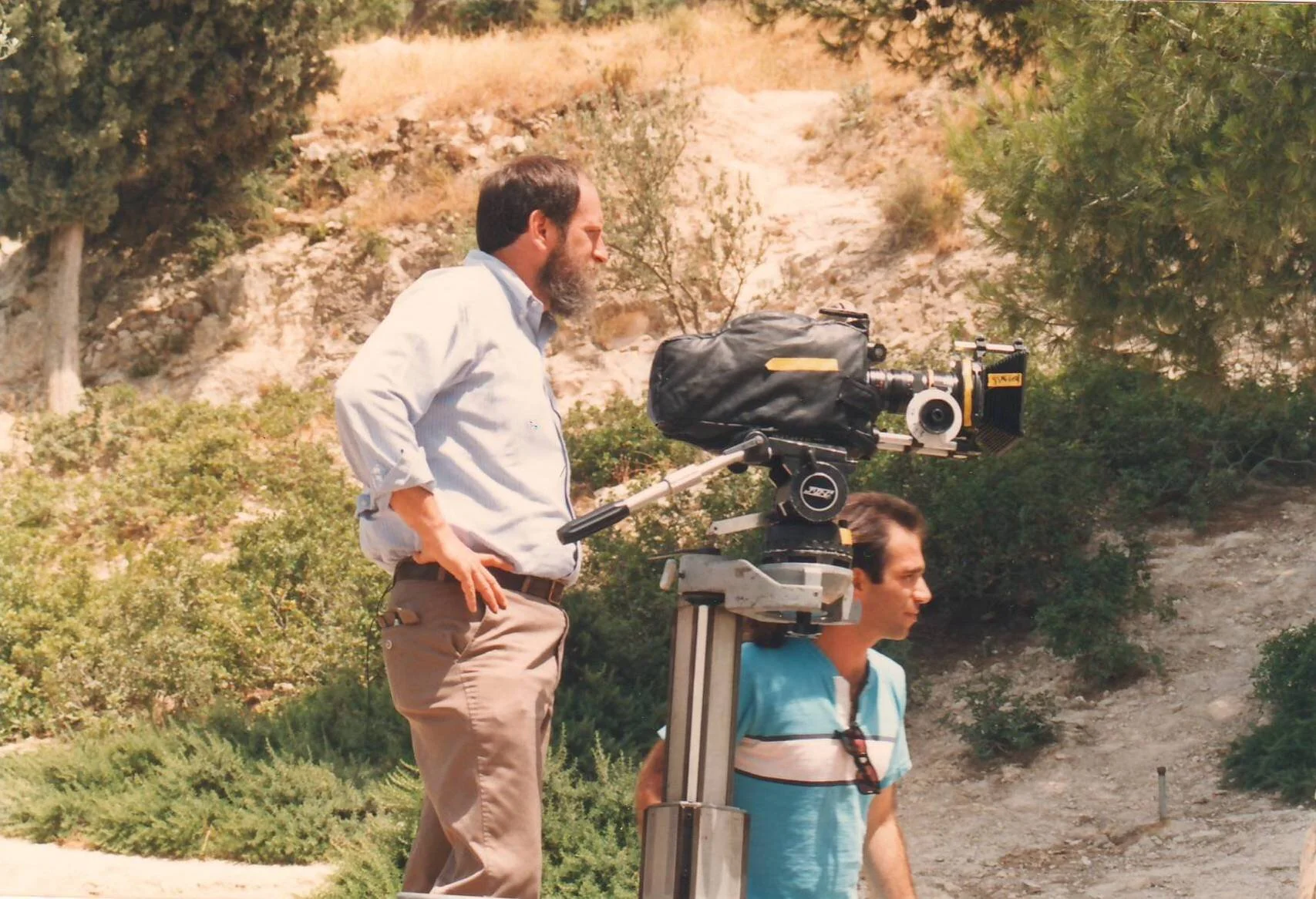

His first book, Russia: Broken Idols, Solemn Dreams, was a national best seller and winner of an Overseas Press Club award. His next book, Arab and Jew: Wounded Spirits in a Promised Land, won the Pulitzer, and a two-hour PBS documentary based on Arab and Jew, for which he was executive producer, writer and narrator, won a duPont-Columbia award for broadcast journalism. That was followed by a one-hour film, Arab and Jew: Return to the Promised Land, which also aired on PBS. His other books are A Country of Strangers: Blacks and Whites in America; The Working Poor: Invisible in America (a national best-seller); The Rights of the People: How Our Search for Safety Invades Our Liberties; Rights at Risk: The Limits of Liberty in Modern America; and Freedom of Speech: Mightier Than the Sword. He has published short fiction and a volume of poetry, The Wind is Invisible: And Other Poems.
Shipler has taught at Princeton, Dartmouth, and American University, has been a writer-in- residence at the University of Southern California, a Woodrow Wilson Fellow on more than twenty-five campuses, and a Trustee of Dartmouth College. He has also been a visiting scholar at the Brookings Institution, a senior associate at the Carnegie Endowment for International Peace, and a member and chair of the Pulitzer jury for general non-fiction.
Daniel Zwerdling
best known for his investigative reporting, has won almost every major award in American journalism. Directors of the duPont-Columbia awards call him "a legend."
Zwerdling worked from 1980 until 2018 as NPR’s senior investigative correspondent, NPR’s first roving Africa correspondent, NPR’s first environmental reporter, host of All Things Considered weekends, and as NPR's television correspondent on PBS' NOW with Bill Moyers. Along the way, he’s interviewed warlords and celebrity chefs, combat marines and concert pianists. Since retiring from NPR, Zwerdling has done investigative projects for The David Rockefeller Fund, The Marshall Project and others.
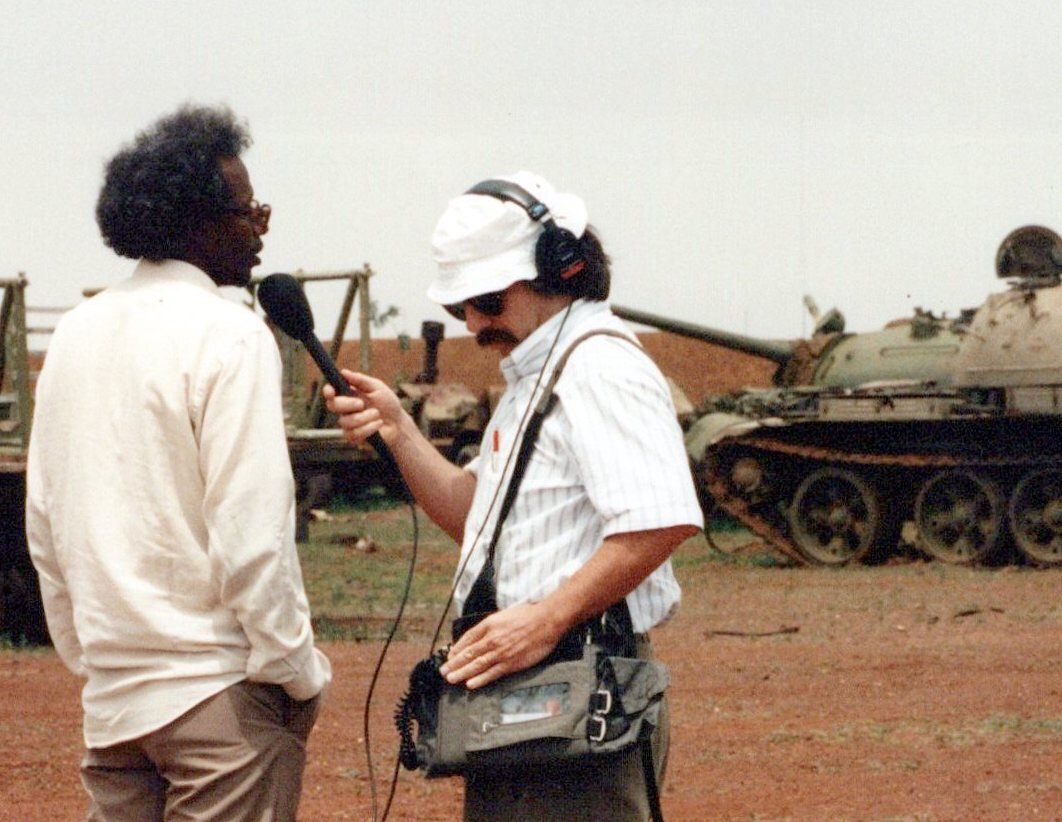
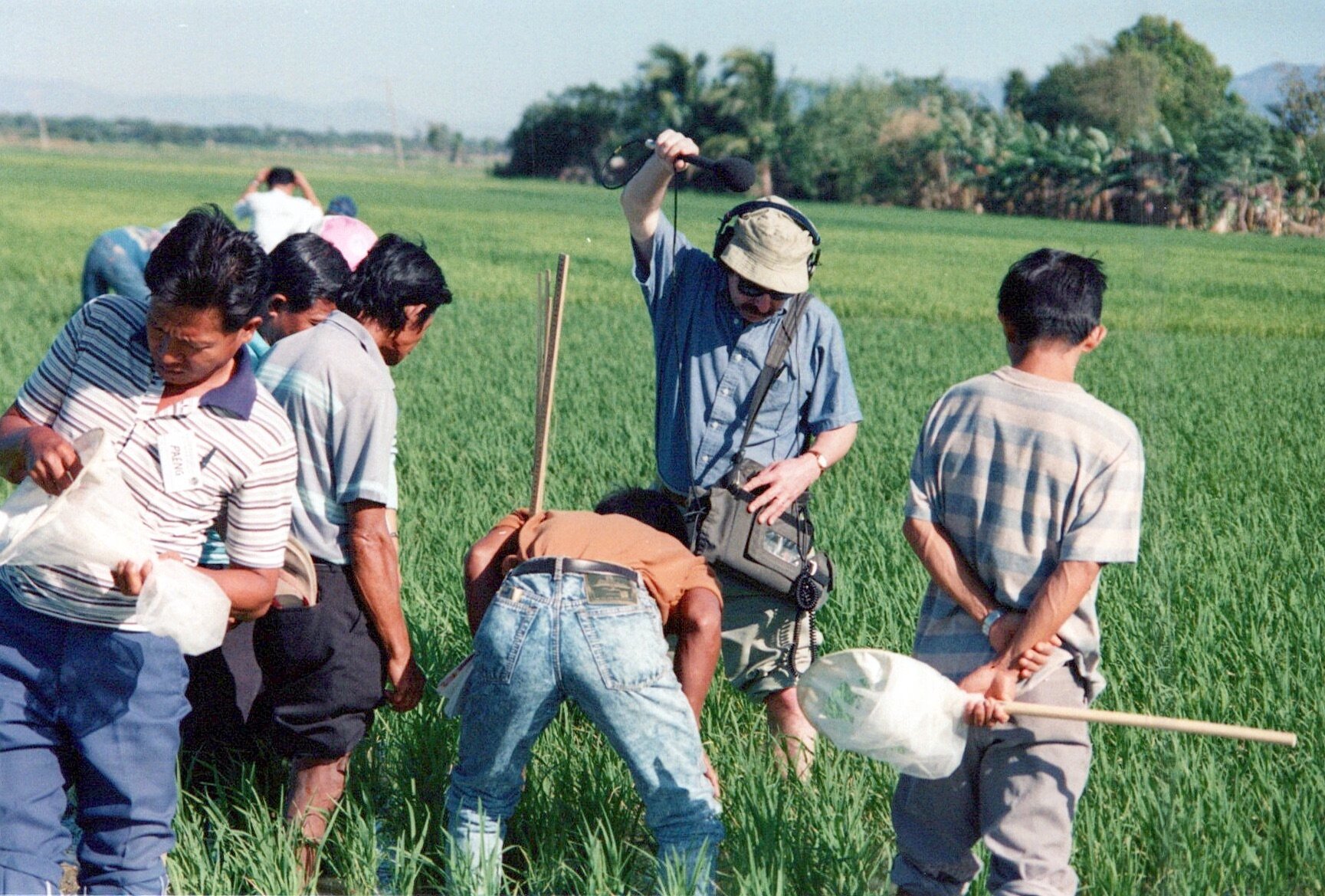

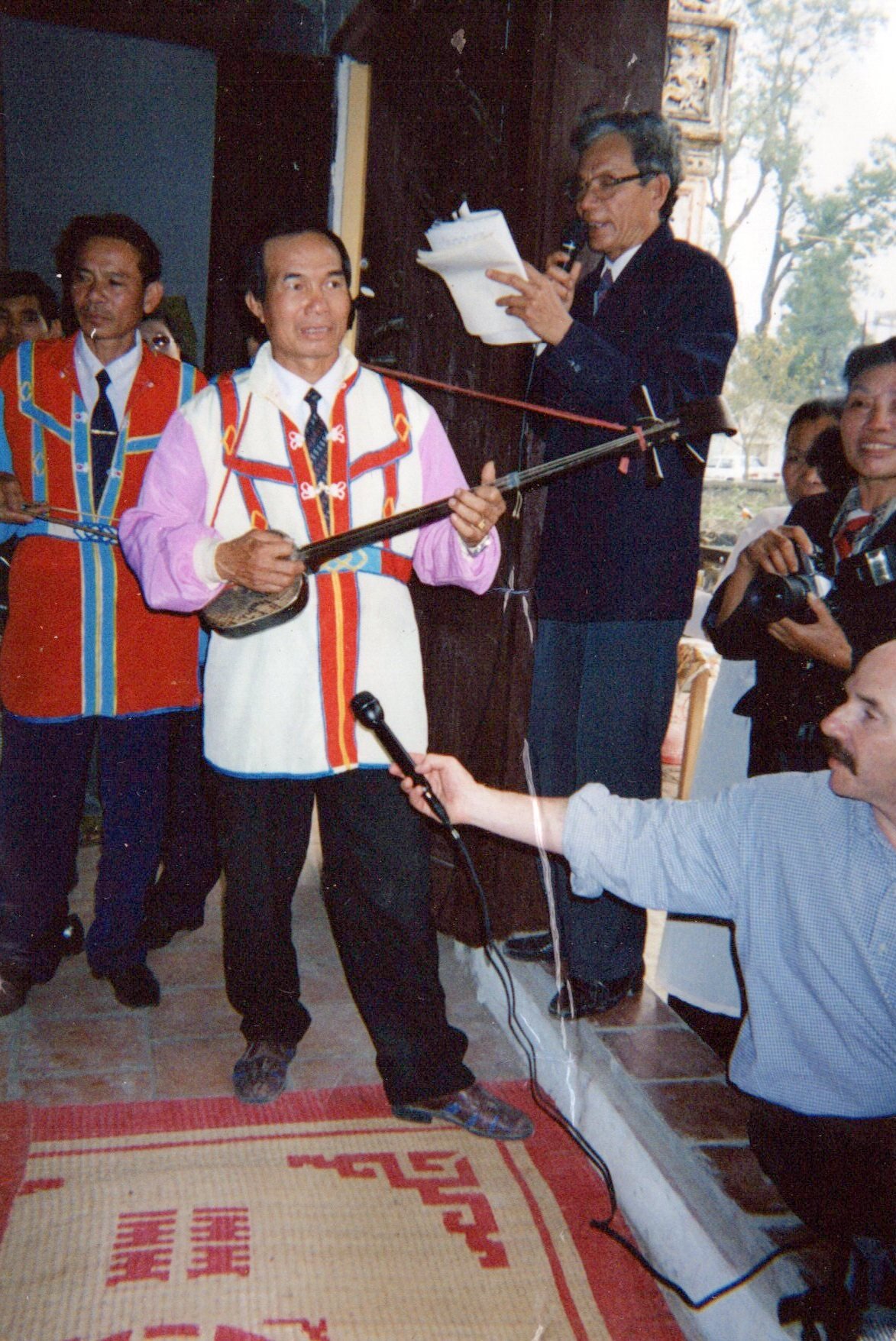

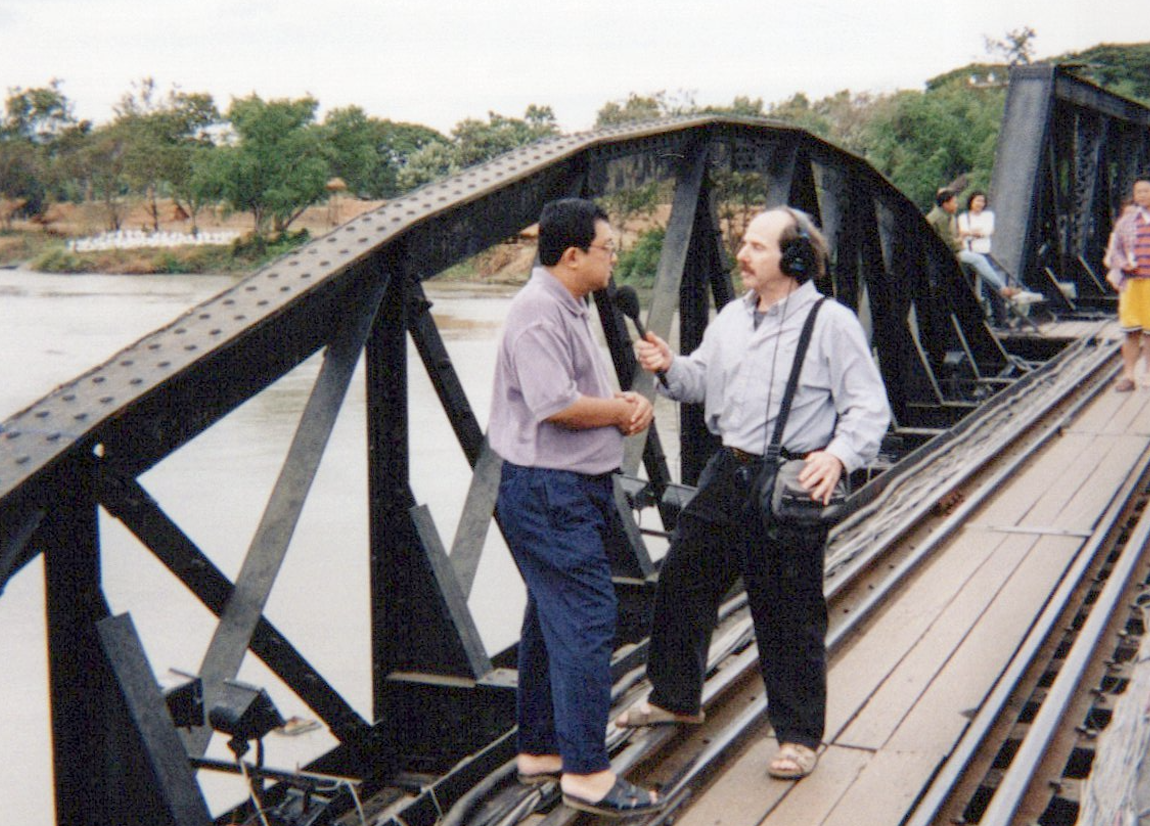
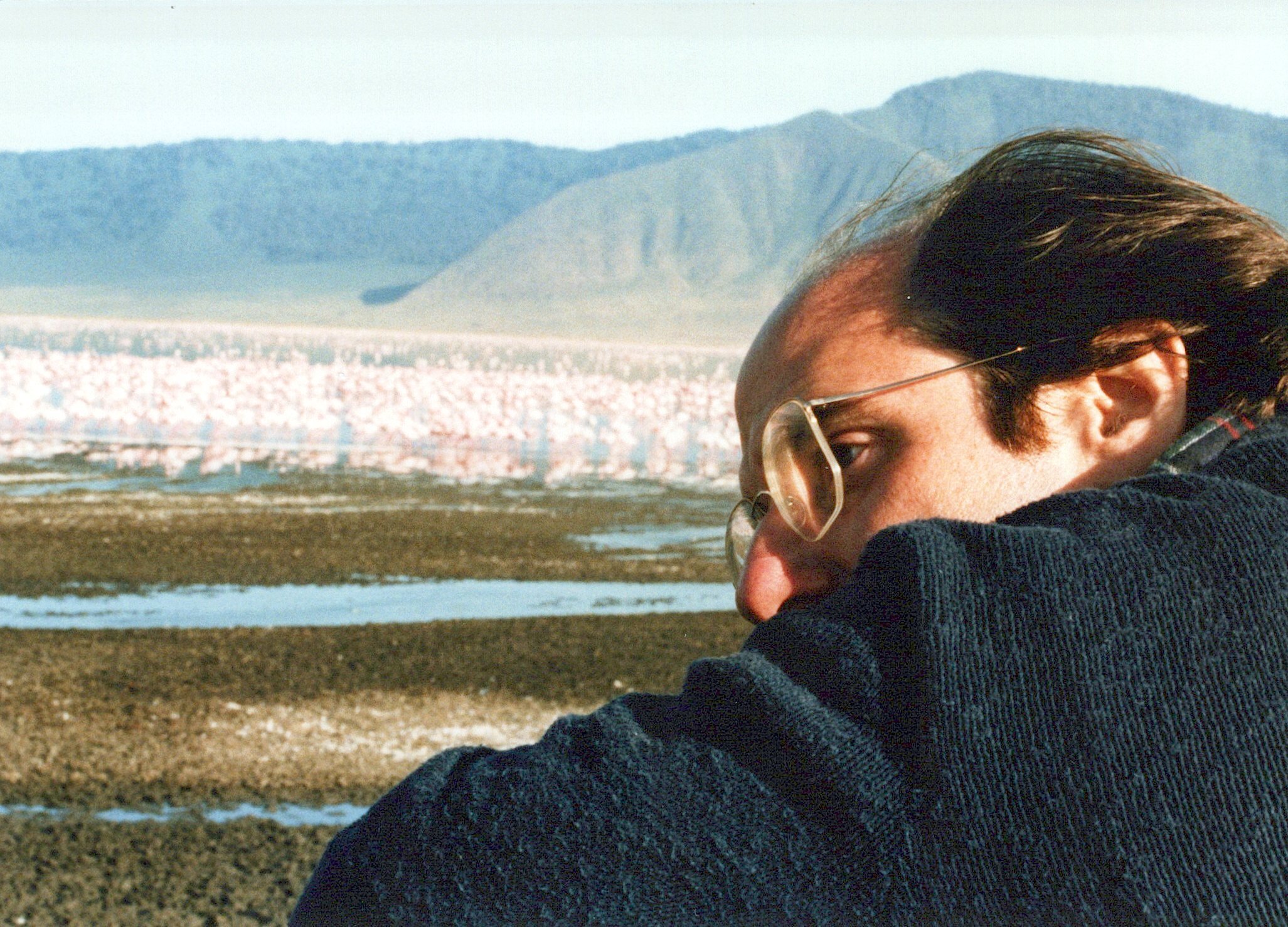
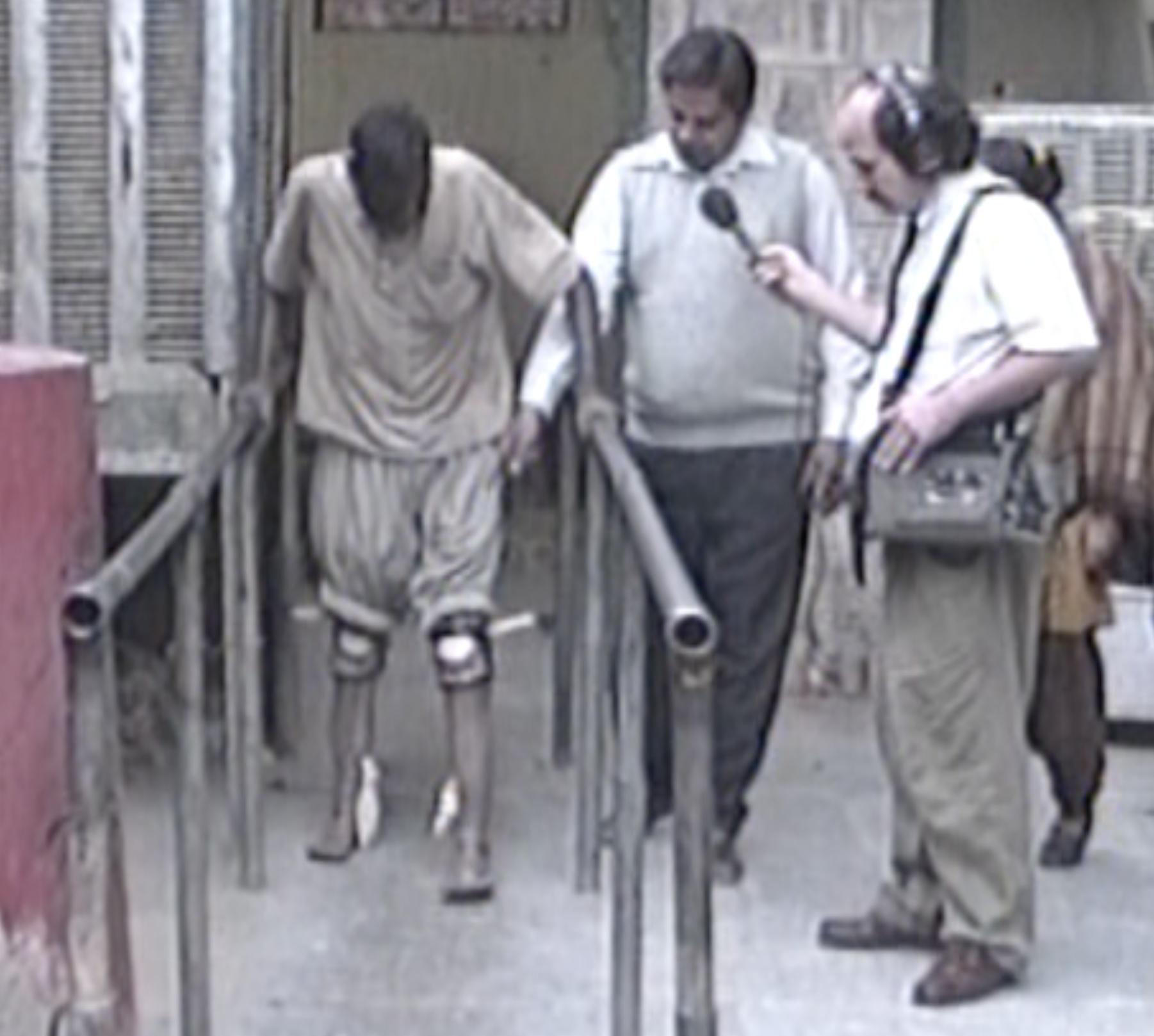


Zwerdling’s reports have repeatedly attracted national attention and generated national action. After the U.S. invaded Iraq and Afghanistan, for instance, Zwerdling revealed that the military was failing to diagnose and treat tens of thousands of returning troops who suffered severe mental health problems and brain injuries. Those stories (some in collaboration with ProPublica and Colorado Public Radio) prompted Congress and the Defense Department to revamp how they treated returning troops. Years before other media reported on the issues, Zwerdling exposed how the U.S. Department of Homeland Security was detaining immigrants in harsh conditions in prisons across the United States, and blocking detainees from getting urgent medical care. The day after Zwerdling reported that guards at one jail were using attack dogs to terrorize non-citizens, federal officials banned the widespread use of dogs.
After the Challenger space shuttle blew up in 1986, it was Zwerdling (with NPR’s Howard Berkes) who first reported the “O-rings” scandal - that the rocket’s engineers had warned NASA the night before the launch that its seals might malfunction in the cold, and the shuttle might blow up. And Zwerdling's five-part series on hospital nursing staff – which showed they suffer more debilitating back and arm injuries than any other occupation, mainly from moving patients – spurred the Occupational Safety and Health Administration to investigate for the first time how hospitals were handling the epidemic. Zwerdling’s investigations have also had international impact. His 2000 NPR story exposing the South Asia trade in sex slaves galvanized the Carter Center and other human rights groups, and helped prompt a summit meeting between the prime ministers of Pakistan and Bangladesh.
Zwerdling has taught journalism, researching and writing to journalists in the U.S. India and Peru. He served as adjunct professor of Media Ethics in the communications department at American University in Washington, D.C., and as an associate of the Bard College Institute for Language and Thinking in New York. His book, Workplace Democracy (Harper & Row, 1980), has been widely used in graduate business schools and colleges across America. Zwerdling has taught the staffs of public radio stations from Miami to San Francisco, and lectured at universities from Harvard, Yale and Princeton to the universities of Michigan, California and Washington.
